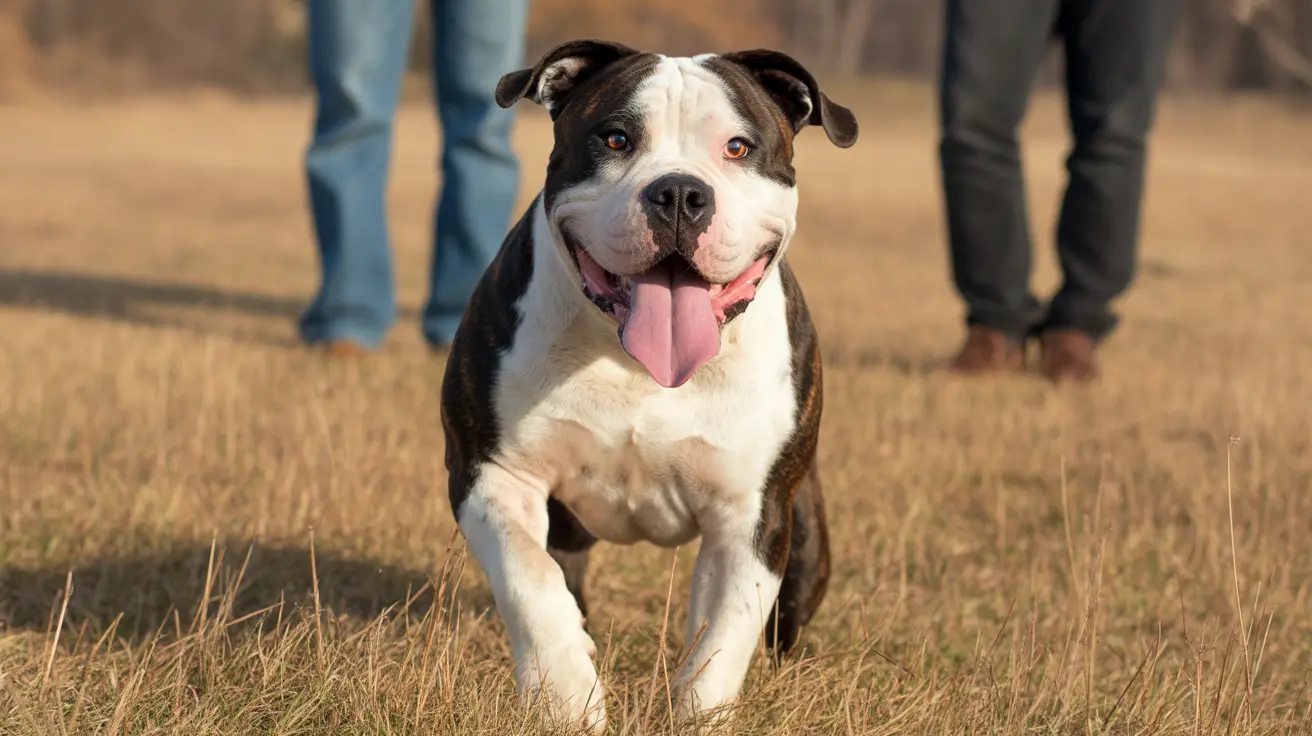Is Sunflower Butter Safe for Dogs?
Many pet owners wonder if sunflower butter can be a tasty and safe treat for their dogs. The answer is yes—sunflower butter is generally safe for dogs, provided you follow a few important guidelines.
What Is Sunflower Butter?
Sunflower butter is a creamy paste made from ground sunflower seeds. It's often used as a nut-free alternative to peanut butter and is especially handy for those with peanut or tree nut allergies. For dogs, it offers a flavorful option that can jazz up treat time or help hide medication.
Nutritional Benefits
This spread isn't just delicious; it's packed with nutrients that support your dog's health. Here are some of the key benefits:
- Healthy fats (support skin and coat shine)
- Vitamin E
- B vitamins
- Copper
- Selenium
- Manganese
- Iron
- Phosphorus
- Zinc (supports immune function and energy metabolism)
The fatty acids found in sunflower seeds and their butter contribute to healthy skin and a glossy coat.
Portion Control: Why Moderation Matters
Even though sunflower butter has nutritional perks, it's high in fat and calories. One tablespoon packs about 100 calories and 9 grams of fat. Too much can lead to weight gain, digestive upset, or even pancreatitis—especially in dogs with sensitive stomachs or a history of these issues.
- Small dogs: No more than a teaspoon per serving
- Larger breeds: Up to one tablespoon per serving
Treats like sunflower butter shouldn't exceed 10% of your dog's daily caloric intake. Less is more when it comes to this rich snack.
Avoid Dangerous Additives
The biggest risk comes from xylitol, an artificial sweetener sometimes found in commercial sunflower butters. Xylitol is extremely toxic to dogs—it can cause rapid drops in blood sugar, seizures, liver failure, and even death. Symptoms include vomiting, lethargy, disorientation, tremors, or collapse.
- Avoid any product containing xylitol.
- Skip added sugars and excess salt.
Your safest bet? Use only unsalted, unsweetened sunflower butter with no additives.
How to Introduce Sunflower Butter Safely
- Start with a small amount—just a dab on your finger or spoon.
- Watch for adverse reactions like vomiting or diarrhea.
If your dog does well, you can offer it as an occasional treat or use it creatively:
- Smeared inside puzzle toys for enrichment
- Dolloped as a food topper
- Frozen in molds for hot days
Remember: sunflower butter should never replace complete dog food.
The Role of Sunflower Seeds
If you prefer whole foods, unsalted and shelled sunflower seeds are also safe in moderation. Never give your dog the shells—they're tough to digest and pose a choking risk. Seasonings and additives are off-limits here too.
A Nut-Free Alternative for Allergic Dogs
If your dog can't have peanut butter due to allergies, sunflower butter makes an excellent substitute. You can use it for training treats or homemade recipes—just stick to the same safety precautions as above.
Making Homemade Sunflower Butter for Dogs
- Roast sunflower seeds at 350°F (about 8–10 minutes).
- Let them cool completely.
- Process into a paste; add a small amount of dog-safe oil if needed for texture (salt is optional but unnecessary).
Cautions and When to Call the Vet
- If your dog vomits or shows any negative symptoms after eating sunflower butter, contact your veterinarian right away.
If your pet has food sensitivities, obesity issues, or pancreatitis history, check with your vet before introducing new treats like this one. Portion control is essential—don't let treats crowd out balanced nutrition!





